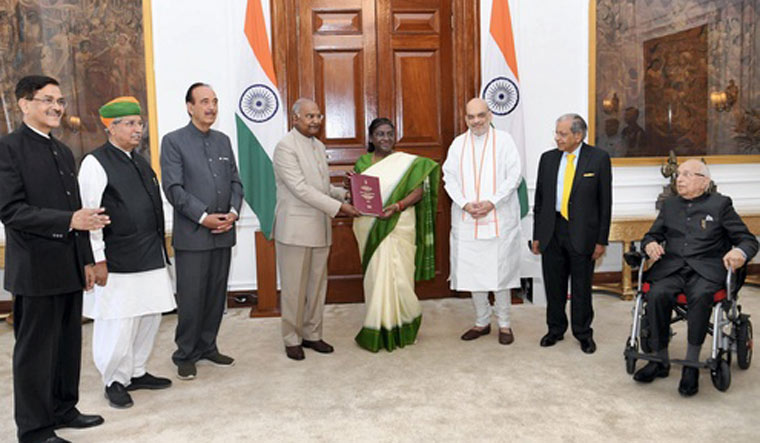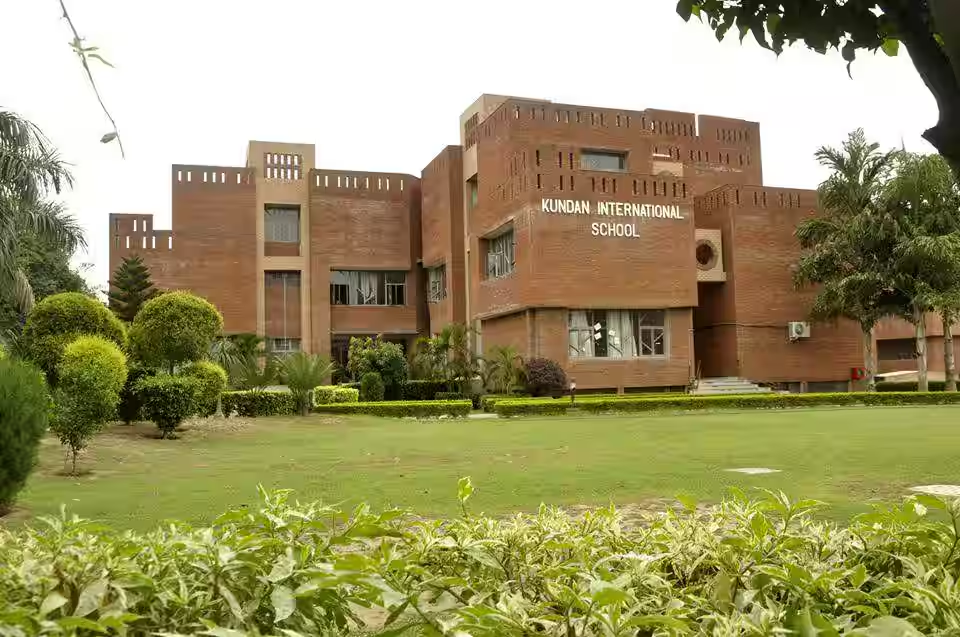With more than 1 month left for the 2024 Lok Sabha polls, a committee on ‘One Nation One Election’ led by former President Ram Nath Kovind will post a file to President Droupadi Murmu that is associated with parliamentary meetings and nearby polls in the United States.
The panel has endorsed that bunching the elections together may be cost-effective and save the economic system from any disruptions as a result of conducting frequent polls.
According to The reports, the Committee additionally debated the German model of a vote of no-self belief — in which a no-confidence movement towards the incumbent may be added if there may be a superb vote of self-assurance in a successor —but it decided in opposition to recommending it. The panel located it to be “in opposition to the tenets of Indian democracy,” stated.
One Nation, One Election recommendations
Given days in a year are eaten up by using polls in certain states, the file consists of a paper via the chairperson of the 15th finance rate NK Singh and International Financial Fund’s Prachi Mishra on the financial viability of simultaneous elections. The document may also lay out the financial and administrative assets required for carrying out simultaneous elections, as noted in a report.
The Law Commission had, in its 2018 record, endorsed the “constructive vote of no-confidence” to create balance in the government. The constructive vote of no-self assurance is a model observed in Germany wherein the Parliament (Bundestag) can cast off a chancellor only while simultaneously consenting to a successor.
Thus, it makes harder for the opposition to release of the chancellor as they have to now not most effective disagree along with his or her governance but additionally have to agree on a substitute. Therefore, there may be a hard and fast 5-year tenure (for the House), and there will be a government no matter what.
Who are the members of the Committee
The law ministry appointed the Committee on September 2023 to make hints to hold simultaneous elections to the Lok Sabha, assemblies and Panchayats. The member consists the Home Minister, Amit Shah and Former opposition leader in Rajya Sabha, former finance commission chairperson and Lok Sabha secretary general Subhash C Kashyap, senior advocate Harish Salve, and previous Chief Vigilance Commissioner Sanjay Kothari.
What are the challenges?
India had simultaneously held Lok Sabha and Assembly elections previous to 1967 — in 1951-52, 1957, 1962, and 1967. But they were stopped while a few country Assemblies and Lok Sabha have been dissolved beforehand in their conclusions.
Parties such as AIADMK, Biju Janata Dal, and Maharashtra wadi Gomantak Party (MGP) have supported the concept of ‘One Nation One Election,’ while the majority of the events are matters. Critics have referred to concerns about the democratic spirit, the dominance of national troubles over local ones, and the need for constitutional amendments.
Conclusion
The constitutional amendments require a two-thirds majority in Parliament through at least half of the states. Amendments to key articles encompass 83, 85(2)(B), 174(2)(B), 356, and 75(3), along with changes to the Representative of People’s Act, 1951.
Ensuring EVM availability, safeguarding polling circles, and arranging a safety team of workers are a few other stresses.







